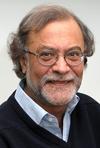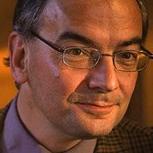Research on stem cells - the 'building blocks' for every type of cell in the body - promises to lead to the development of innovative treatments for major diseases such as diabetes, cancer, and heart and blood disorders. The discovery of the unique properties of stem cells took place in the Department of Genetics at Cambridge in the 1980s - a breakthrough that led to the principal researcher, Professor Sir Martin Evans, winning the Nobel Prize for Medicine in 2007. The current Cambridge groups led by Professors Azim Surani, Austin Smith, Roger Pedersen and Fiona Watt attract first-class minds from all over the world, including young scientists from India who are on track to make a contribution that will save many lives.


